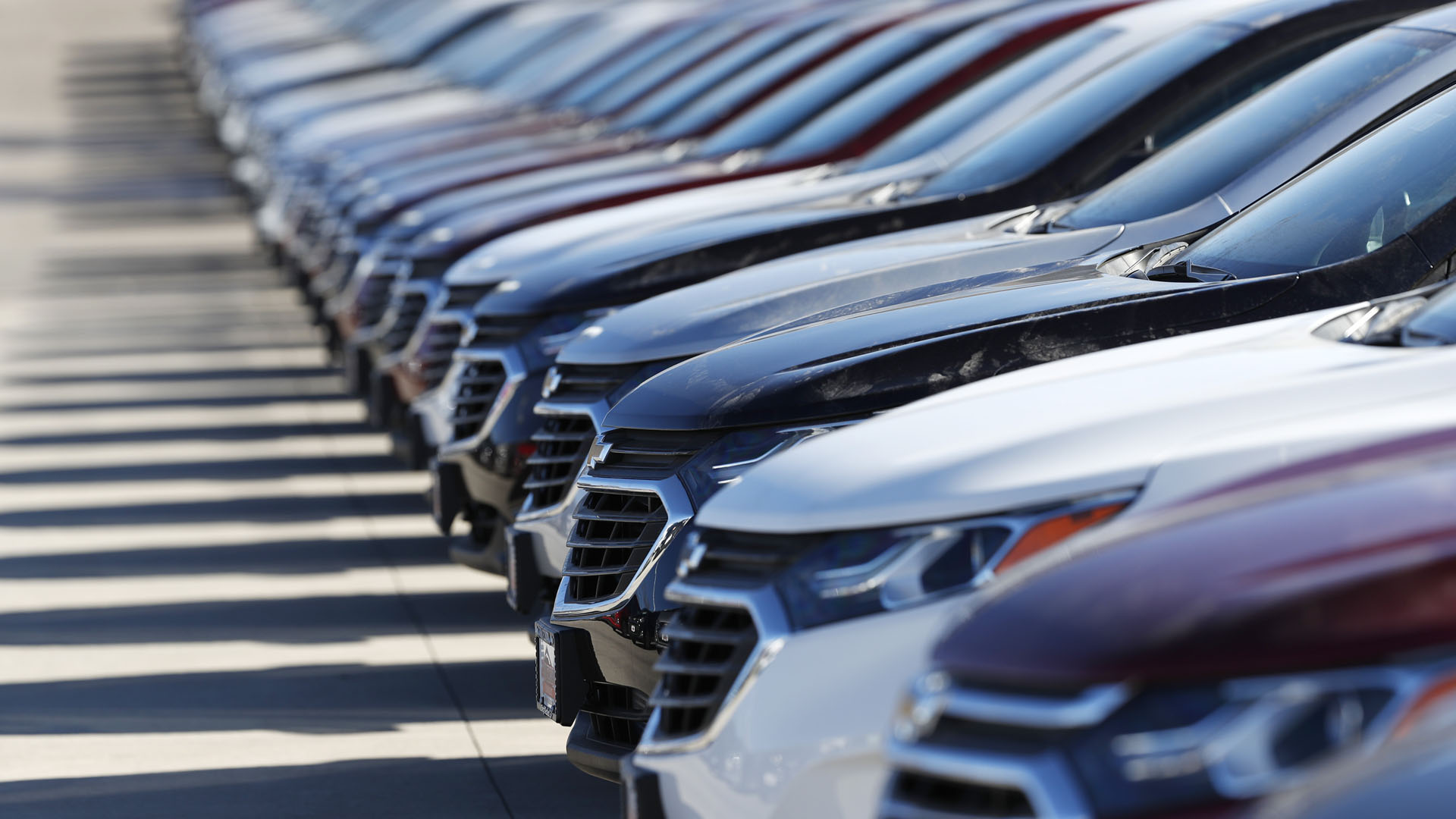

Thanks to the coronavirus pandemic, stay-inside orders and a tanking global economy, new car sales have taken a nosedive. Automakers are desperate to move some metal in the meantime, and so they’ve stepped up with super long, super cheap loans and other steep discounts. These programs are obviously good for folks looking to score a deal, but rebates and easy loans don’t automatically mean a car is appropriate for your budget.
One of the biggest financial mistakes buyers make is when they put the car before the budget. I’ve had a few conversations with buyers who were looking for a specific car only to find out that their payment target just doesn’t mathematically line up with the potential sale price. For example, I recently spoke with a guy who was driving a Volkswagen Atlas—still a relatively new crossover—and thought that with all the hot deals he could get an upgraded version for less money.
He was currently paying $680 per month and wanted a fully-loaded car for $600. In a best-case scenario, his current car was a wash on the trade value compared to his loan balance. The car he wanted had a retail price of about $50,000. I fired up Google’s handy loan calculator and plugged in the payment target of $600, and he assumed he would use VW’s current zero percent APR special for 72 months. That gave us a total spending limit of $43,200.
Now you may be thinking that getting $7,000 off a new Atlas in these desperate times is possible, and it could be. But here’s the catch: in order to get those massive discounts on VWs, you can’t combine them with the zero percent finance offers or you lose a large portion of the dealer-cash rebates.
In order to achieve that big discount, you would have to finance at market rates of, say, four percent APR. When I recalculated that payment with the higher APR, it moved my buyer’s sale price goal-post even further to $38,350. Needless to say, even with the car market in shambles, getting almost 25 percent off a new Atlas is likely not in the cards. And remember that sale price is all-inclusive of tax and fees, so depending on the local tax rate, the car price usually needs to be a few grand lower.
This buyer determined it was smarter to keep the car he was driving, though I told him it may be possible to refinance his current loan and get his payment lower.
However, I suspect that there are going to be a lot of shoppers out there drawn in by big discounts and cheap financing but will end up with a car payment that will stretch their finances. The key thing to remember is that the interest rate is just one factor that impacts the payment—the principal loan balance and the term are also part of the calculation.
The sad truth of the economic impact of the coronavirus is that the amount of money consumers are able to spend is going to be reduced, and for a good chunk of the car-shopping population, getting a new model even with zero percent financing is not the smartest move. A quality used car at $20,000—assuming a 5 percent APR for 60 months—will be $377 per month, compared to a $30,000 new car at zero percent financing for the same term which comes in at $500 per month. For a lot of people, that extra $123 in the bank every month could make a huge difference.
The other potential danger with some of these cheap loans is the length of the loan. A number of brands are offering zero-percent financing for up to 84 months, but that is the key phrase “up to.” You don’t have to take a loan that long, and unless you are very strategic with your finances, it’s probably best you don’t because the risk of being underwater is higher the longer the loan term regardless of the APR. Eighty-four months is seven years; in this economy, can you really be sure of your financial situation seven years out? Or do you risk being underwater on a loan with payments you can’t afford if things get really bad?
Furthermore, the piece that is often not discussed in these ads is that the low-APR specials only apply to people with good credit. Check your credit score. If your FICO score is above the 700 mark, chances are good you will qualify for the best rates. However, if you have made some credit mistakes in the past and that FICO is in the mid-600 range or even worse in the 500 range, your loan situation will be very different.
Before you go car shopping, take an honest look at your finances with regard to what you can really afford and what you potentially qualify for. As this crisis drags on, those weekly unemployment figures will get scarier and scarier, and more and more industries will force workers into pay cuts, furloughs and layoffs. Remember that given everything right now, your best course of action might be just to keep the car you have—especially if it’s paid off.
No car payment is always going to be cheaper than whatever awesome deal you are offered.
Tom McParland runs Automatch Consulting. His writing about car buying has appeared on The Drive, Jalopnik and more.